Do you find yourself saying “I hate people” more often than you would like to? But have you ever wondered why you hate everyone? Let’s take a look at the psychology of hate and find out why you hate people.
Hatred is a natural instinct
Just like love, complex emotions like anger, envy and hatred are instinctive emotions that have an evolutionary advantage. It enables us to decide who we fight or flee from to keep ourselves safe. A 2013 study on the psychology of hate describes this negative emotion as “a deep and emotional extreme dislike. The objects of such hatred can vary extensively. Hatred is often associated with disposition towards hostility against the objects of hatred. And can drive oneself to extreme behaviors such as violence, murder, and war.” However, love and hate is not all that different.
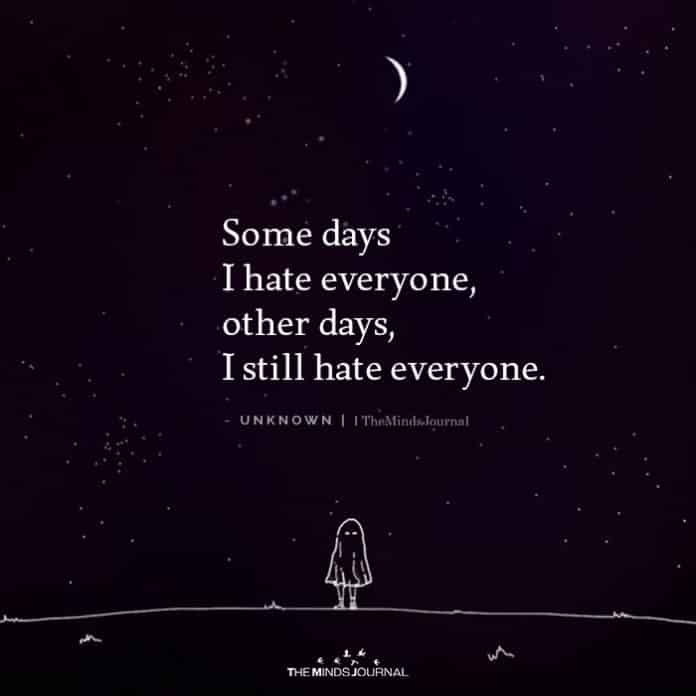
A 2008 study titled Neural Correlates of Hate scanned the brains of 17 individuals while they looked at someone they hated and someone they had neutral feelings for. It was observed that “Viewing a hated face resulted in increased activity in the medial frontal gyrus, right putamen, bilaterally in premotor cortex, in the frontal pole and bilaterally in the medial insula.” Research also revealed 3 areas “where activation correlated linearly with the declared level of hatred, the right insula, right premotor cortex and the right fronto-medial gyrus.” In the right superior frontal gyrus, a single area of deactivation was observed.
Read also: 7 Ways to Cultivate Love in Your Life and Become Happier
Research shows that our brain has a unique pattern of activity when it comes to hate. In fact, hatred shares some similarities with romantic love. The study concluded “Though distinct from the pattern of activity that correlates with romantic love, this pattern nevertheless shares two areas with the latter, namely the putamen and the insula.”
According to a Scientific American article, “The areas of the putamen and insula that are activated by individual hate are the same as those for romantic love. This linkage may account for why love and hate are so closely linked to each other in life.”
Why do we hate?
When you start understanding the science and psychology of hate, you begin to realize that there are numerous complex reasons for your hatred towards people. In an ideal world, we would love and respect everyone we interact with. Everyone will be compassionate, empathic, generous, considerate and kind. We will accept each other’s views no matter how opposing they may be to ours and would learn from different perspectives. But reality is far from ideal. And this is perhaps why we often get upset, angry and annoyed with others.
Read also: 6 Ways To Stop Hating Women
“Sometimes we are fortunate to be surrounded by people we like, but other times we have to live, work, or interact with people we don’t like,” explains Chicago-based writer Ladan Nikravan Hayes.
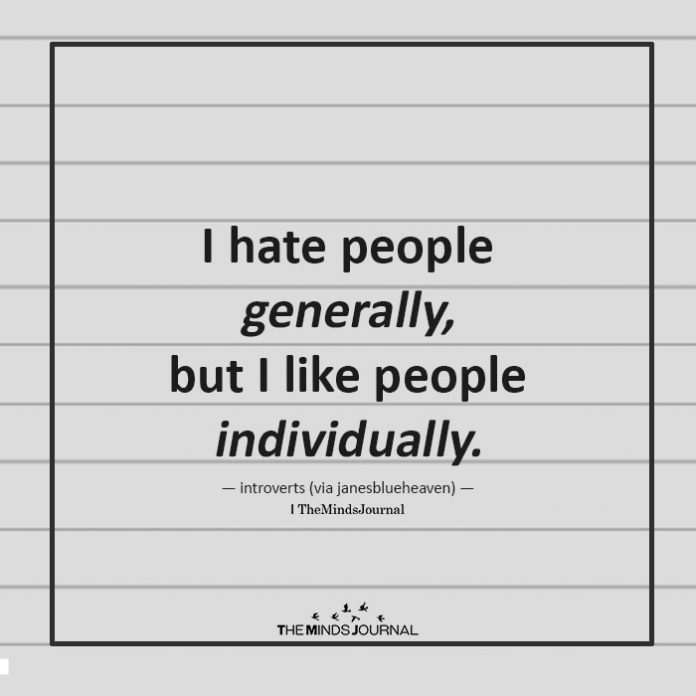
The psychology of hate
Although it’s not possible for us to like each and every person we know and meet, it is also not necessary that we hate everyone. Yet, if you find yourself wondering how you hate people, then you need to take a better look at the psychology of hate and why we hate people.
Read also: Psychology Of Mean People And How To Deal With Them
Here are some psychological reasons for why you might hate people based on the psychology of hate:
1. You have high expectations
People, like me, who hate other people tend to have excessively high expectations from others. And these expectations dictate how we interact with other people around us. Being both realistic and unrealistic, our high expectations from others influences how we see and judge them. We expect others to understand us – our personalities, thoughts, emotions, moods, perceptions and motivations. We expect them to agree with our opinions and do things the way we want. And obviously, people fall short of our high expectations. This is what turns us into people haters.
2. You are afraid of others
We are often afraid of people who are different from us. Even though you might not admit it, when someone shares different views, perspectives, opinions, beliefs, attitudes, mentality and even physical features, we tend to hate them. Why? Simply because they are different, says licensed psychotherapist and author Allison Abrams, LCSW-R. She explains “According to A.J. Marsden, assistant professor of psychology and human services at Beacon College in Leesburg, Florida, one reason we hate is because we fear things that are different from us.”
This is perhaps due to the in-group out-group theory according to behavioral researcher Patrick Wanis. In social psychology, the social group which you can psychologically relate with and identify yourself as being a member of is an in-group. Contrarily, the social group with which you can’t personally identify is an out-group. So, when you feel that there is a threat from certain outsiders, you will seek the support of your in-group. Hence, hatred is a survival mechanism as per the psychology of hate.
“Considerable evidence suggests that dividing the world into Us and Them is deeply hard-wired in our brains, with an ancient evolutionary legacy,” writes author Robert Sapolsky. He adds “Humans universally make Us/Them dichotomies along lines of race, ethnicity, gender, language group, religion, age, socioeconomic status, and so on. And it’s not a pretty picture.”
Patrick Wanis explains, “Hatred is driven by two key emotions of love and aggression: One love for the in-group – the group that is favored; and two, aggression for the out-group – the group that has been deemed as being different, dangerous, and a threat to the in-group.”
Read also: 6 Ways To Stop Hating Men
3. You are afraid of yourself
When we feel insecure about our own selves and are unable to accept our own flaws, deficiencies and imperfections, we start to cope with those insecurities by blaming and hating others. Clinical psychologist Dana Harron says that what we tend to hate about other people are the exact things we are afraid of ourselves. We use the targeted person or the group of people we hate as a blank canvas upon which we project those parts of ourselves which we refuse to acknowledge. It’s like we telling ourselves that “Nothing is wrong with me, it’s you who is terrible.”

This is known as psychological projection which is a defense mechanism we use subconsciously to deal with complex and difficult emotions. It includes projecting our undesirable feelings onto another person, instead of accepting or coping with such unwanted emotions. It is our need to project our bad aspects outwardly to see ourselves as good, says Allison Abrams, LCSW-R.
Following the psychology of hate, psychologist Brad Reedy explains “We developed this method to survive, for any ‘badness’ in us put us at risk for being rejected and alone. So we repressed the things that we thought were bad (what others told us or suggested to us that was unlovable and morally reprehensible) – and we employ hate and judgment towards others. We think that is how one rids oneself of undesirable traits,” but this strategy can often result in various mental health problems.
Read also: How to Discover Your Deepest, Darkest Core Wound
4. You lack empathy
Empathy is our ability to put ourselves in someone else’s position. When we have our own perception of how things should be and we are strongly set in our ways, then it can be difficult for us to accept and understand others’ point of view. We become incapable of feeling or understanding what others are experiencing from their point of view. Lacking empathy is another reason for hating people according to the psychology of hate.
Writer and editor Ladan Nikravan Hayes explains that one of the basic reasons why we hate and dislike people “is the aspect of human cognition to see the world through one’s own eyes. Even those of us who try to have a healthy tolerance of different viewpoints occasionally catch ourselves thinking: ‘How in the world can you believe what you’re saying?’ Disagreements can manifest as outright dislike.”
5. You lack self-compassion
When you lack compassion for yourself, you will lack compassion for other people as well. Loving kindness and compassion is the solution to hatred, according to the psychology of hate. When you practice self-compassion, you begin to accept yourself as you are and that empowers you to accept others without feeling the need to change them or dislike them.
Psychologist Brad Reedy explains “If we find part of ourselves unacceptable, we tend to attack others in order to defend against the threat. If we are okay with ourselves, we see others’ behaviors as ‘about them’ and can respond with compassion.” He further says “If I kept hate in my heart for (another), I would have to hate myself as well. It is only when we learn to hold ourselves with compassion that we may be able to demonstrate it toward others.”
Read also: How Showing Compassion And Kindness Is Good For Your Mental Health
Apart from these there may be some other reasons why you may hate everyone based on the psychology of hate. Some of the additional reasons include:
- You may find certain types of behavior and habits of people irritating
- You are not interested in dealing with things that are not worthy of your time and energy
- You are not really interested in meeting new people or making new friends and acquaintances
- You have trust issues when it comes to relying on others
- You believe in putting yourself and your interests first before anyone else
- You lack inner peace and self love
- You feel constantly stressed which makes you less tolerant & forgiving
- You are not satisfied with your professional and personal life
Coping with difficult emotions
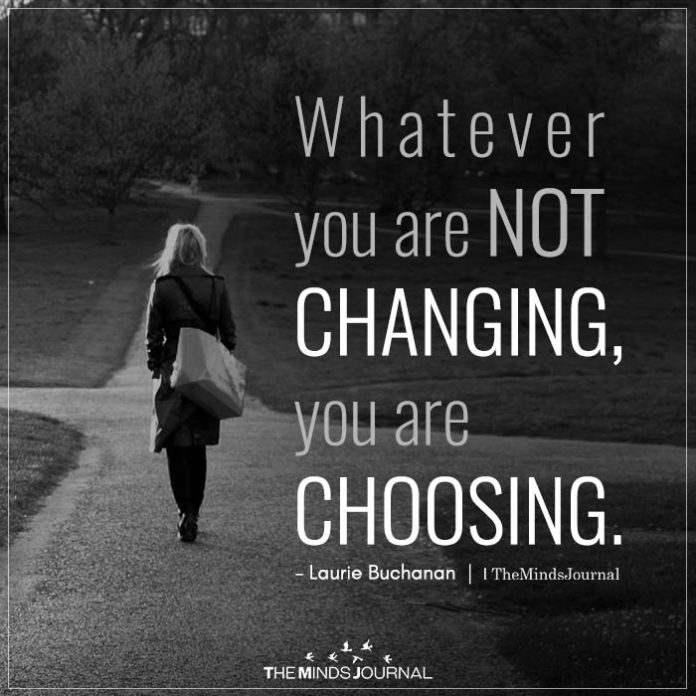
Compassion is the true antidote to hatred, believes licensed psychotherapist Allison Abrams. In her article, Allison explains that hatred has to be learned, while compassion comes from within. As it is evident from the psychology of hate, there are a number of reasons why you may hate the whole world. But it is only with self-awareness, compassion and empathy you can start healing your complex emotions.
Psychologist and author Bernard Golden says “We are all born with the capacity for aggression as well as compassion. Which tendencies we embrace requires mindful choice by individuals, families, communities and our culture in general. The key to overcoming hate is education: at home, in schools, and in the community.”
Read also: 12 Tips To Self-Love And Compassion
Practicing mindfulness and stress relief strategies like meditation can enable you to realize when you begin to impose a negative attitude on other people. Once you identify the moment your attitude is turning negative, you can decide to be more compassionate. Being intentional in your thoughts, behaviors and actions can help you overcome this negative cycle of hatred.
Choose love over hate
Remember how love and hatred are closely linked? Once you become self aware and start living more intentionally, you can choose to convert your hatred into love. No, it’s still not necessary that you love everyone you meet, but it’s also not necessary that you hate everyone either. You need to remember that you are always in control.
Ladan Nikravan Hayes concludes “You should never let someone else limit your happiness or success. Remember that you have control over your feelings. Don’t let someone gain power over you just because they momentarily darken your day.”
Read also: 6 Positive Psychology Practices To Boost Happiness and Improve Your Life
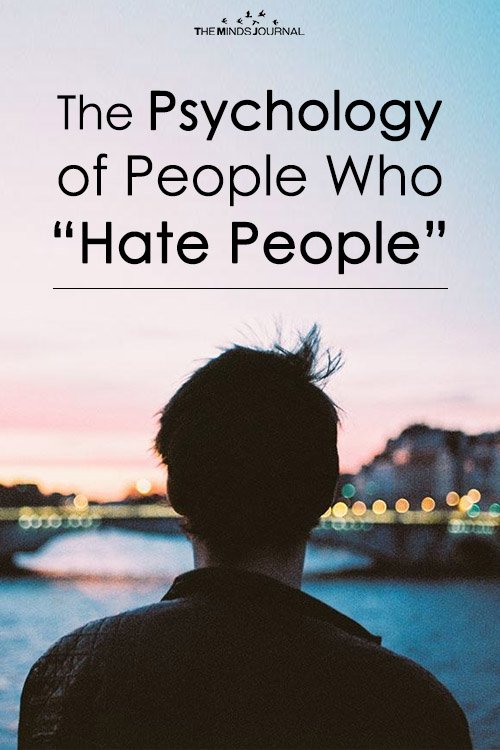
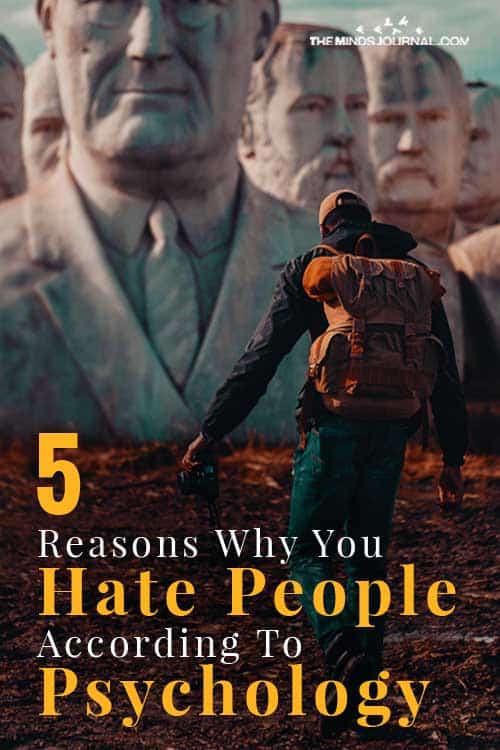
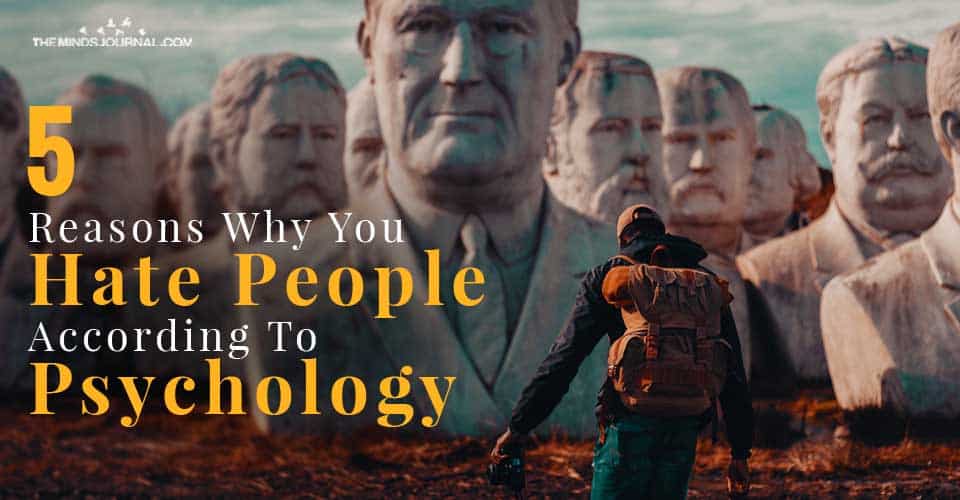
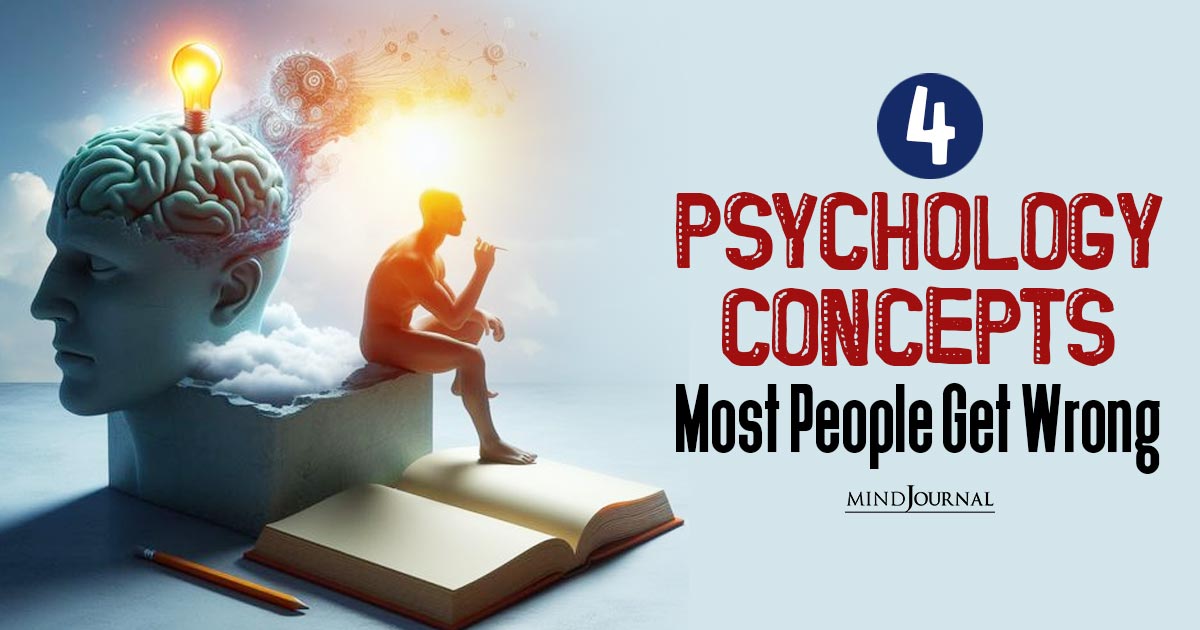

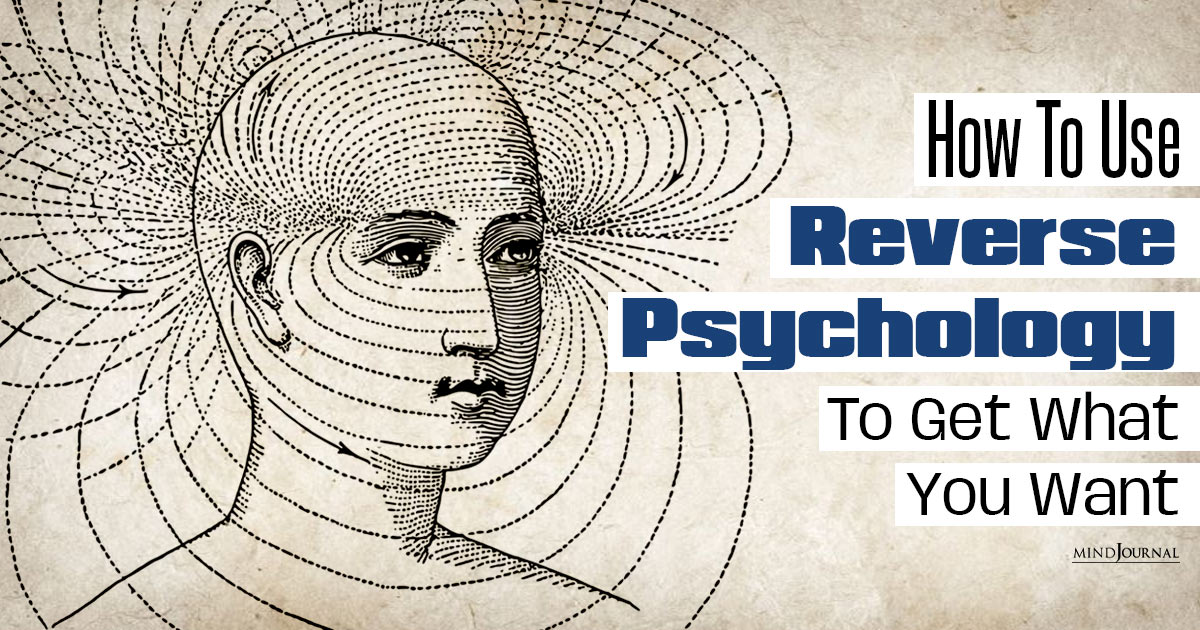


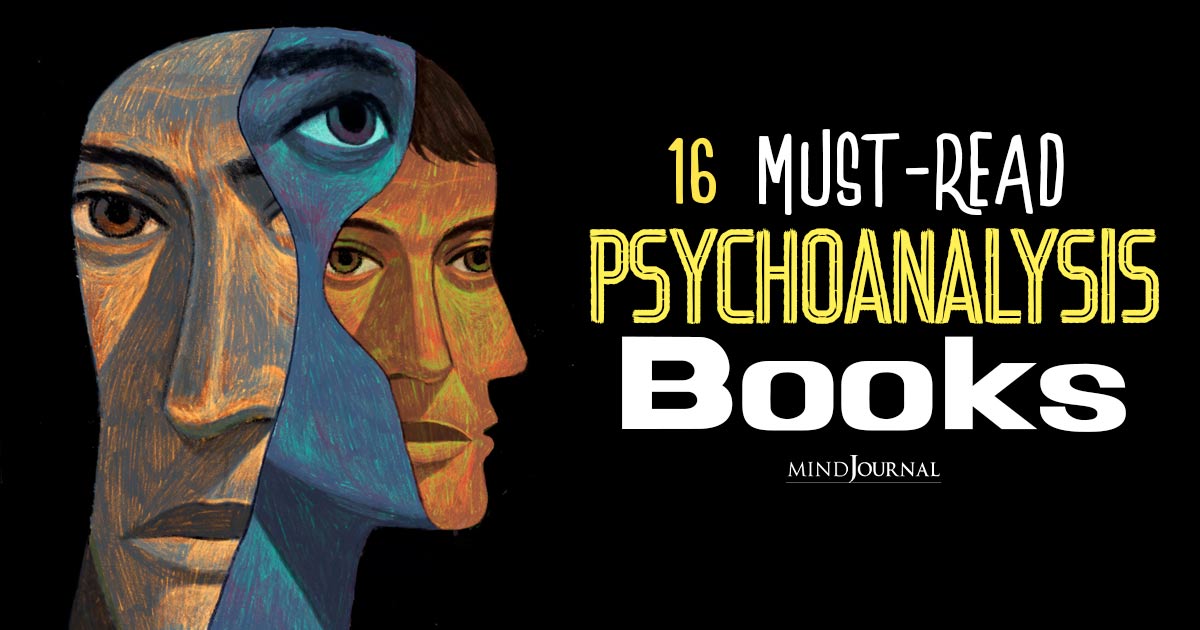
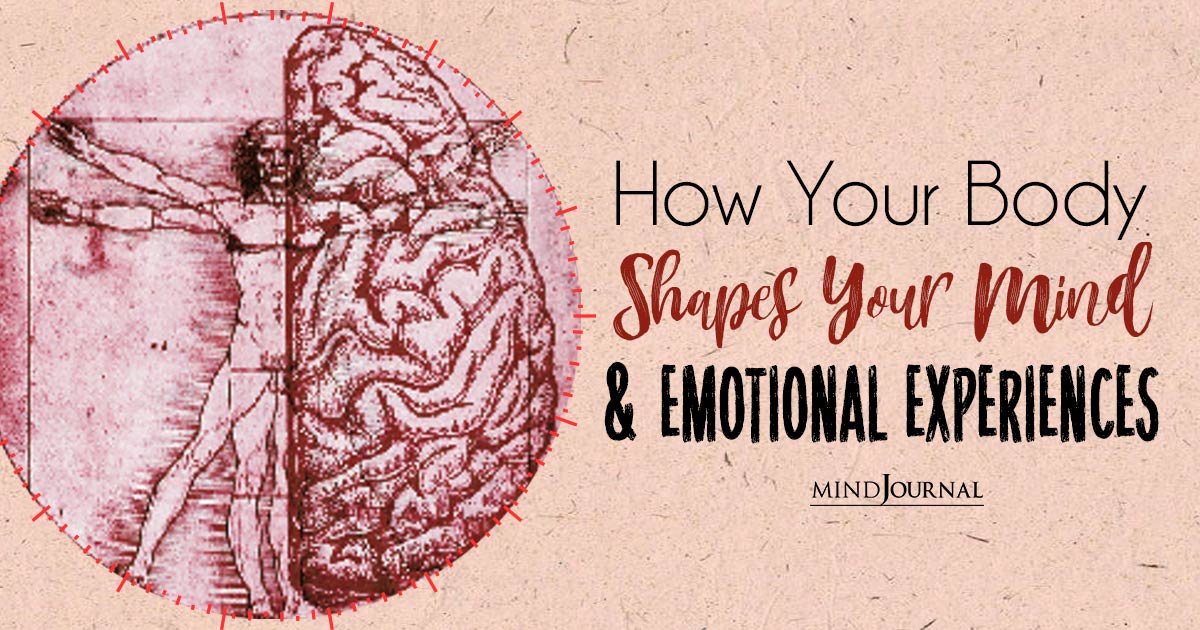
Leave a Reply
You must be logged in to post a comment.